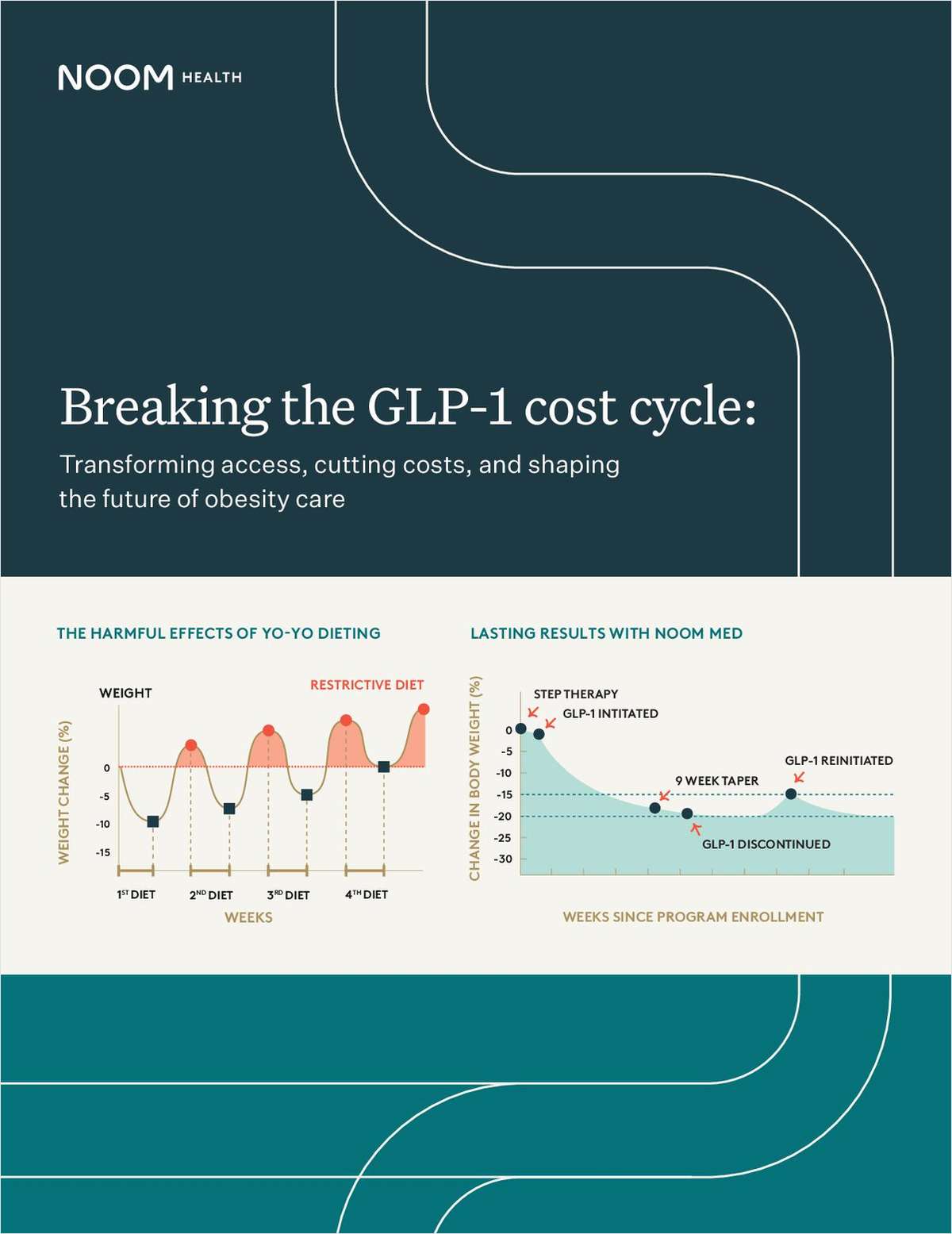Reasserting the Right to Front-Yard Gardening
Hermine Ricketts and her husband, Tom Carroll, decided the best place ever for their vegetable garden was right there conveniently in their front yard. Local officials had other ideas.
August 05, 2019 at 01:42 PM
5 minute read
 Photo by Michael Marciano
Photo by Michael Marciano
“The farmer in the dell, the farmer in the dell, hi-ho the derry-o, the farmer and the dell…” so goes one of the most popular and oldest nursery rhymes, originating from Germany’s “Es fuhr ein Bau’r ins Holz” and brought to America by immigrants, and then spread around the world. In the United Kingdom it has a variant, “The nurse takes a dog.”
Growing your vegetables in “a small wooded valley” is unquestionably appropriate, but what about if you decide your garden should be in the front yard of your home in a residential district?
This issue has come up time and time again over the years across the country, most recently in Florida, when Hermine Ricketts and her husband, Tom Carroll, decided the best place ever for their vegetable garden was right there conveniently in their front yard in Miami Shores Village, a municipality of just 3.75 square miles and 10,493 people. Their garden in the sunniest area of their lot included kale, scallions, beets, eggplant, cherry tomatoes, yellow Swiss chard, Chinese cabbage, okra, bell peppers, jalapeños, and squash. They had growing outside their front door a veritable feast of healthy food. And it was so good for Ricketts, who in recent years has come to use a wheelchair and requires oxygen.
Local officials, however, wanted a tidier appearance and sought to end Rickett’s 17-year gardening experience in the interest of “protecting the distinctive character of Miami Shores Village.” The village amended its zoning code in 2013 to prohibit such gardens with this simple change: “Vegetable gardens are permitted in rear yards only.” At the same time the code continued to allow garden gnomes, pink flamingos, trolls, boats and jet skis in front yards. Anyone nabbed for the zoning crime of growing vegetables in their front yard was subject to a fine of $50 per day. Ricketts and Carroll received a notice of violation and, fearing the fines, destroyed their garden; and along with it part of their food supply and the great pleasure they had enjoyed in tending their small plot.
They appealed, challenging the code as-applied, lost in their local administrative appeal and lost at trial. They then sought the help of the Institute for Justice, which describes itself as “[t]he nation’s only libertarian, civil liberties, public interest law firm.” Given the res judicata waiver bar to refiling their prior failed as-applied claim, their new action challenged the code on its face. A facial challenge is hard to win because, of course, it requires that the law be unconstitutional anywhere and everywhere it might be applied. As the Florida appellate court described it, they would have to succeed in “attacking the statute on the grounds that it cannot be validly enforced under any set of circumstances.” They lost at trial and lost when the appellate court upheld the trial court’s rejection of their claims.
The Third District Court of Appeal’s decision is well-reasoned, though the court clearly doesn’t like where it had to go. The court was stuck because it could only apply the minimal rational relationship test, rather than the strict scrutiny review that would have come with a suspect classification or fundamental right—growing vegetables are neither. One could argue, and they did unsuccessfully, that with those gnomes, jet skis, and other paraphernalia allowed to litter front yards in Miami Shores Village, a few cherry tomatoes were not so bad, and the prohibition on growing vegetables was overboard and vague.
What to do? Good advice for anyone who doesn’t like local zoning laws is the somewhat glib truism “If you don’t like the law, change it.” In this case, Ricketts, with the Institute of Justice’s help, went to the Florida Legislature and convinced it to change the law: “Except as otherwise provided by law, a county, municipality, or other political subdivision of this state may not regulate vegetable gardens on residential properties. Any such local ordinance or regulation regulating vegetable gardens on residential properties is void and unenforceable.” Good for you, Florida.
Reflecting on the change in the state law, Ricketts said: “After almost six years of fighting, I am relieved that my right to grow my own garden, on my own property, is finally going to be protected. Once it was taken from me, my health suffered severely. I am looking forward to the time that I can once again grow my own food, for my own consumption, without having to worry that an overzealous code enforcement officer will try to fine me into destitution.”
Ricketts is especially pleased to now be able to grow her garden without interference by the government: “You’re down on the earth, touching the soil, kneeling on the ground. … It’s a healing process,” she said. “I’m hoping to get back in the garden and spend time outside doing things I love. The healing things in the sunshine.”
“Gardening is wonderful,” Ricketts said. “I feel victory. … I have no words.”
Attorney Dwight Merriam is a member of the Connecticut Law Tribune’s editorial board.
This content has been archived. It is available through our partners, LexisNexis® and Bloomberg Law.
To view this content, please continue to their sites.
Not a Lexis Subscriber?
Subscribe Now
Not a Bloomberg Law Subscriber?
Subscribe Now
NOT FOR REPRINT
© 2025 ALM Global, LLC, All Rights Reserved. Request academic re-use from www.copyright.com. All other uses, submit a request to [email protected]. For more information visit Asset & Logo Licensing.
You Might Like
View All
ADVANCE Act Offers Conn. Opportunity to Enhance Carbon-Free Energy and Improve Reliability With Advanced Nuclear Technologies

Trending Stories
Who Got The Work
J. Brugh Lower of Gibbons has entered an appearance for industrial equipment supplier Devco Corporation in a pending trademark infringement lawsuit. The suit, accusing the defendant of selling knock-off Graco products, was filed Dec. 18 in New Jersey District Court by Rivkin Radler on behalf of Graco Inc. and Graco Minnesota. The case, assigned to U.S. District Judge Zahid N. Quraishi, is 3:24-cv-11294, Graco Inc. et al v. Devco Corporation.
Who Got The Work
Rebecca Maller-Stein and Kent A. Yalowitz of Arnold & Porter Kaye Scholer have entered their appearances for Hanaco Venture Capital and its executives, Lior Prosor and David Frankel, in a pending securities lawsuit. The action, filed on Dec. 24 in New York Southern District Court by Zell, Aron & Co. on behalf of Goldeneye Advisors, accuses the defendants of negligently and fraudulently managing the plaintiff's $1 million investment. The case, assigned to U.S. District Judge Vernon S. Broderick, is 1:24-cv-09918, Goldeneye Advisors, LLC v. Hanaco Venture Capital, Ltd. et al.
Who Got The Work
Attorneys from A&O Shearman has stepped in as defense counsel for Toronto-Dominion Bank and other defendants in a pending securities class action. The suit, filed Dec. 11 in New York Southern District Court by Bleichmar Fonti & Auld, accuses the defendants of concealing the bank's 'pervasive' deficiencies in regards to its compliance with the Bank Secrecy Act and the quality of its anti-money laundering controls. The case, assigned to U.S. District Judge Arun Subramanian, is 1:24-cv-09445, Gonzalez v. The Toronto-Dominion Bank et al.
Who Got The Work
Crown Castle International, a Pennsylvania company providing shared communications infrastructure, has turned to Luke D. Wolf of Gordon Rees Scully Mansukhani to fend off a pending breach-of-contract lawsuit. The court action, filed Nov. 25 in Michigan Eastern District Court by Hooper Hathaway PC on behalf of The Town Residences LLC, accuses Crown Castle of failing to transfer approximately $30,000 in utility payments from T-Mobile in breach of a roof-top lease and assignment agreement. The case, assigned to U.S. District Judge Susan K. Declercq, is 2:24-cv-13131, The Town Residences LLC v. T-Mobile US, Inc. et al.
Who Got The Work
Wilfred P. Coronato and Daniel M. Schwartz of McCarter & English have stepped in as defense counsel to Electrolux Home Products Inc. in a pending product liability lawsuit. The court action, filed Nov. 26 in New York Eastern District Court by Poulos Lopiccolo PC and Nagel Rice LLP on behalf of David Stern, alleges that the defendant's refrigerators’ drawers and shelving repeatedly break and fall apart within months after purchase. The case, assigned to U.S. District Judge Joan M. Azrack, is 2:24-cv-08204, Stern v. Electrolux Home Products, Inc.
Featured Firms
Law Offices of Gary Martin Hays & Associates, P.C.
(470) 294-1674
Law Offices of Mark E. Salomone
(857) 444-6468
Smith & Hassler
(713) 739-1250












